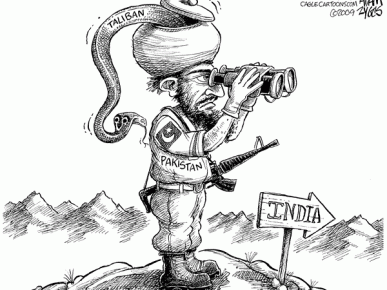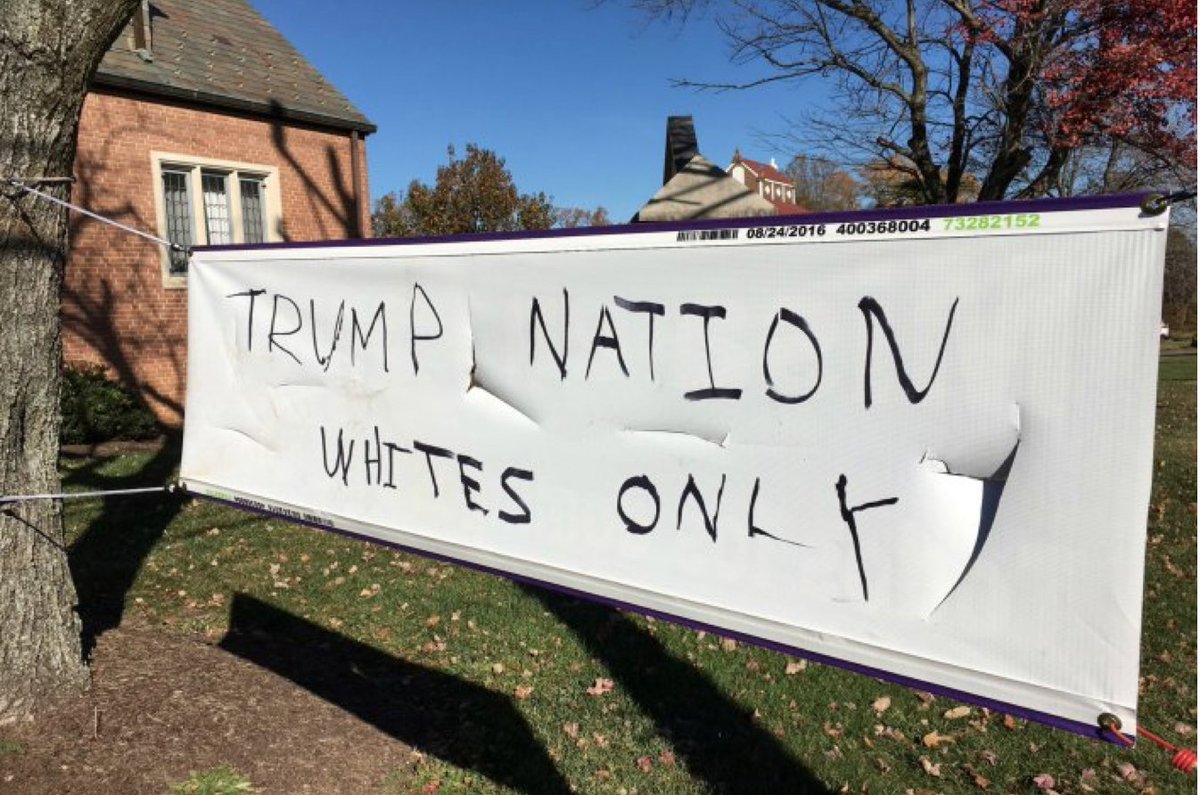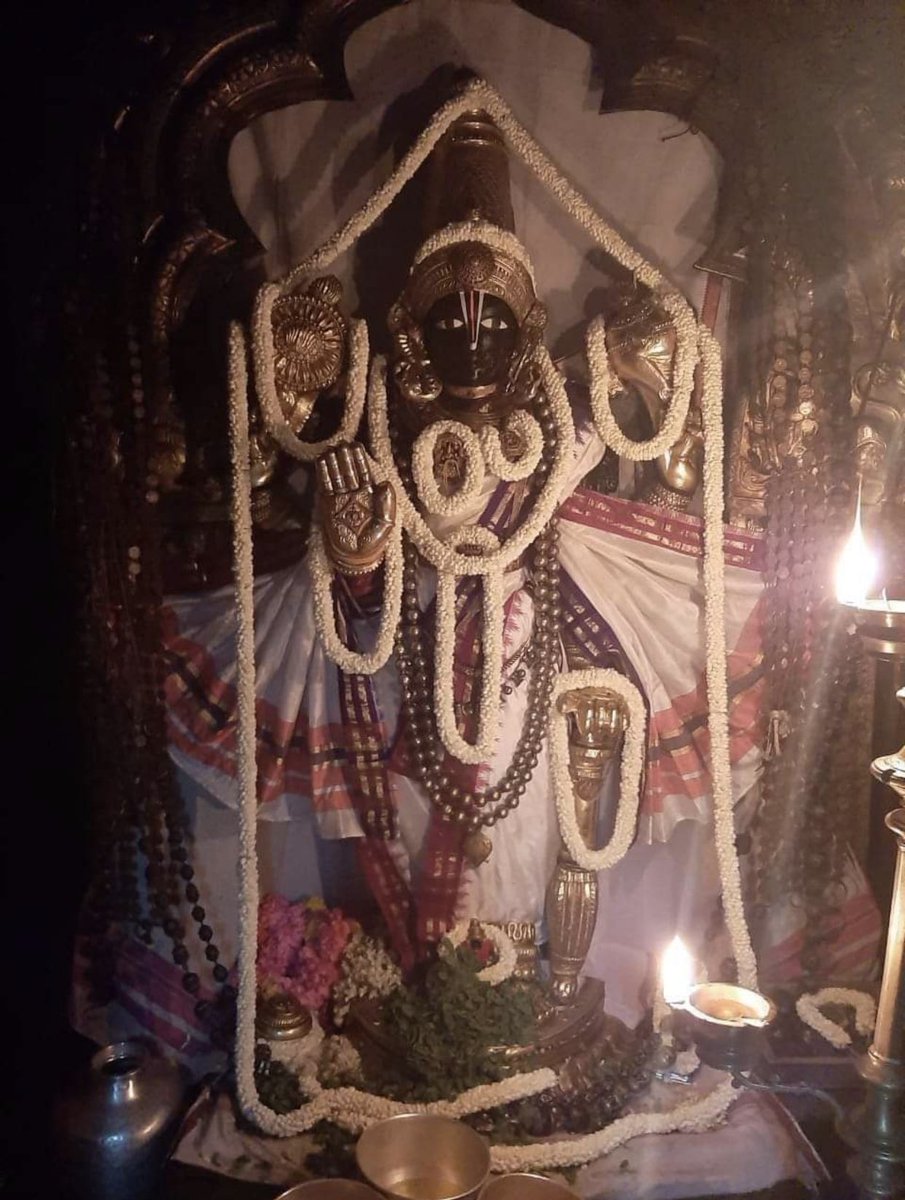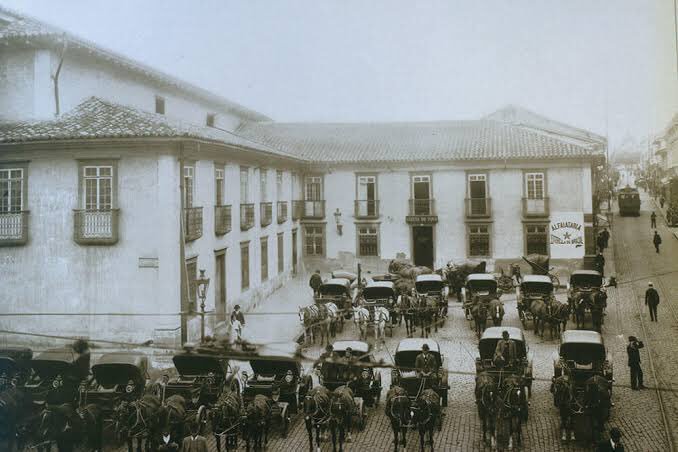Expectations: Let yourself feel what you feel. It is beyond sh*t that people will be alone & that families are separated this Christmas. You don't have to pretend. It's ok to be sad, angry, resentful. Let yourself feel what you feel without expectation to feel otherwise.
Thread: 1/10
What surviving my first bereaved Christmas taught me about handling Christmas in a pandemic:
Mindset: Christmas is nostalgia, tradition, togetherness. But it's also just one day. When things get tough tomorrow, remember this is a Friday & a big chicken dinner.
Expectations: Let yourself feel what you feel. It is beyond sh*t that people will be alone & that families are separated this Christmas. You don't have to pretend. It's ok to be sad, angry, resentful. Let yourself feel what you feel without expectation to feel otherwise.
No guilt: It's also ok to have fun on the day. To laugh, smile & enjoy lovely moments even though you miss a relative who can't be with you in order to keep safe from the virus. No guilt. Allow those moments. For you can hold both sadness & joy at the same time.
Chunk it down: This Christmas Day may feel very long when you're lonely for loved ones who are in another house. Think of the day in sections. Have a focus for each section. Focus only on the section in front of you. Breakfast. Walk. Video call loved ones. Dinner. Movie.
Allow for differences: Not everyone handles things the same, so don't judge others if they're dealing with the day differently to you tomorrow. Let everyone get through this strangest Christmas Day the best they can. Let everyone find their own way.
Be a team: At the same time, remember to help one another, to bring everyone safely through this most awful time. To notice loved ones struggling & be there with them in their sorrow at what this wretched virus has robbed from us all. Leave no-one behind in their pain.
Remember your capabilities: Human beings are IMMENSE. You have gotten through every terrifying, tough, cruel, savage, exhausting day of this God-awful relentless year. You can get through this day too.
Ask for help: If you need to talk, be sure to reach out to someone. Not to "fix" you. Just to hear you. Whether it's a friend or a helpline, if the need to talk bubbles up inside you tomorrow, don't ignore it. Share your feelings & thoughts, it will help you bear the load.
More from Society
This is a piece I've been thinking about for a long time. One of the most dominant policy ideas in Washington is that policy should, always and everywhere, move parents into paid labor. But what if that's wrong?
My reporting here convinced me that there's no large effect in either direction on labor force participation from child allowances. Canada has a bigger one than either Romney or Biden are considering, and more labor force participation among women.
But what if that wasn't true?
Forcing parents into low-wage, often exploitative, jobs by threatening them and their children with poverty may be counted as a success by some policymakers, but it’s a sign of a society that doesn’t value the most essential forms of labor.
The problem is in the very language we use. If I left my job as a New York Times columnist to care for my 2-year-old son, I’d be described as leaving the labor force. But as much as I adore him, there is no doubt I’d be working harder. I wouldn't have stopped working!
I tried to render conservative objections here fairly. I appreciate that @swinshi talked with me, and I'm sorry I couldn't include everything he said. I'll say I believe I used his strongest arguments, not more speculative ones, in the piece.
My reporting here convinced me that there's no large effect in either direction on labor force participation from child allowances. Canada has a bigger one than either Romney or Biden are considering, and more labor force participation among women.
But what if that wasn't true?
Forcing parents into low-wage, often exploitative, jobs by threatening them and their children with poverty may be counted as a success by some policymakers, but it’s a sign of a society that doesn’t value the most essential forms of labor.
The problem is in the very language we use. If I left my job as a New York Times columnist to care for my 2-year-old son, I’d be described as leaving the labor force. But as much as I adore him, there is no doubt I’d be working harder. I wouldn't have stopped working!
I tried to render conservative objections here fairly. I appreciate that @swinshi talked with me, and I'm sorry I couldn't include everything he said. I'll say I believe I used his strongest arguments, not more speculative ones, in the piece.
I appreciate his intellectual curiosity and effort. I have quibbles. But my big disappointment is there was no mention of unintended consequences, which we discussed and which are kind of THE core conservative concern on this issue.
— \U0001d682\U0001d68c\U0001d698\U0001d69d\U0001d69d \U0001d686\U0001d692\U0001d697\U0001d69c\U0001d691\U0001d692\U0001d699 (@swinshi) February 18, 2021
You May Also Like
"I lied about my basic beliefs in order to keep a prestigious job. Now that it will be zero-cost to me, I have a few things to say."
We know that elite institutions like the one Flier was in (partial) charge of rely on irrelevant status markers like private school education, whiteness, legacy, and ability to charm an old white guy at an interview.
Harvard's discriminatory policies are becoming increasingly well known, across the political spectrum (see, e.g., the recent lawsuit on discrimination against East Asian applications.)
It's refreshing to hear a senior administrator admits to personally opposing policies that attempt to remedy these basic flaws. These are flaws that harm his institution's ability to do cutting-edge research and to serve the public.
Harvard is being eclipsed by institutions that have different ideas about how to run a 21st Century institution. Stanford, for one; the UC system; the "public Ivys".
As a dean of a major academic institution, I could not have said this. But I will now. Requiring such statements in applications for appointments and promotions is an affront to academic freedom, and diminishes the true value of diversity, equity of inclusion by trivializing it. https://t.co/NfcI5VLODi
— Jeffrey Flier (@jflier) November 10, 2018
We know that elite institutions like the one Flier was in (partial) charge of rely on irrelevant status markers like private school education, whiteness, legacy, and ability to charm an old white guy at an interview.
Harvard's discriminatory policies are becoming increasingly well known, across the political spectrum (see, e.g., the recent lawsuit on discrimination against East Asian applications.)
It's refreshing to hear a senior administrator admits to personally opposing policies that attempt to remedy these basic flaws. These are flaws that harm his institution's ability to do cutting-edge research and to serve the public.
Harvard is being eclipsed by institutions that have different ideas about how to run a 21st Century institution. Stanford, for one; the UC system; the "public Ivys".



































